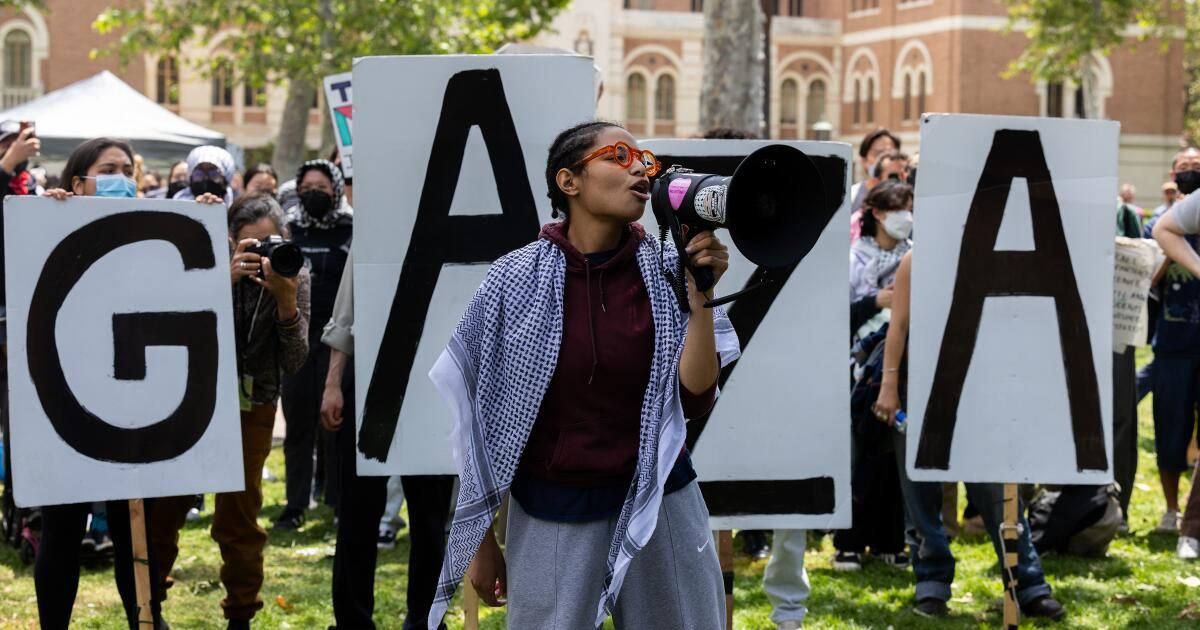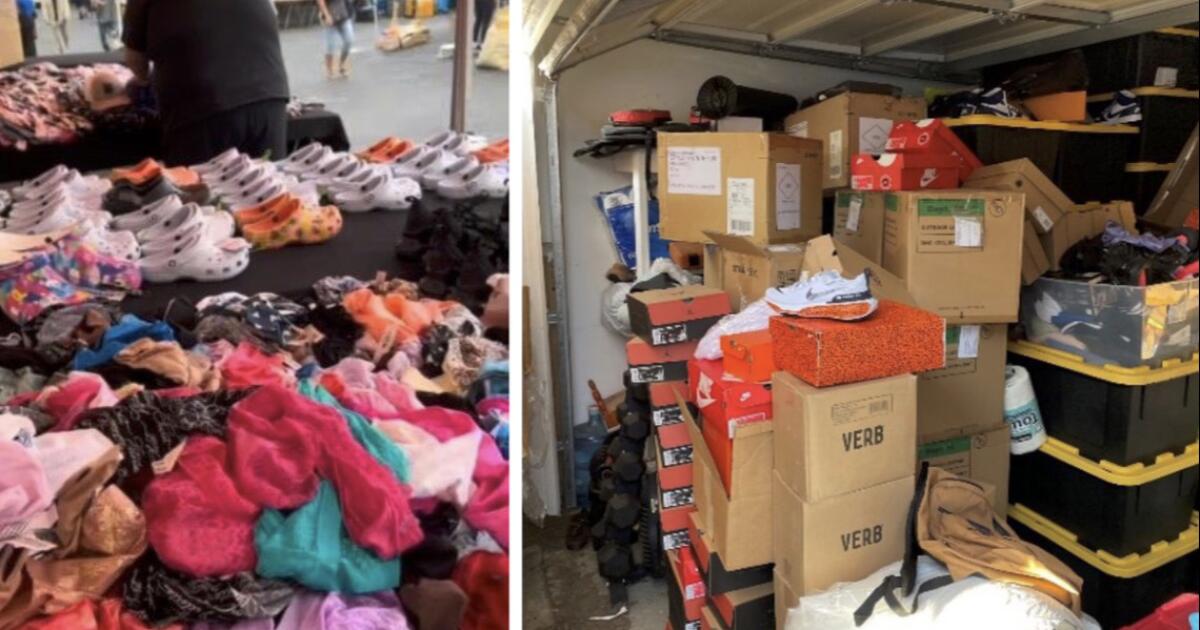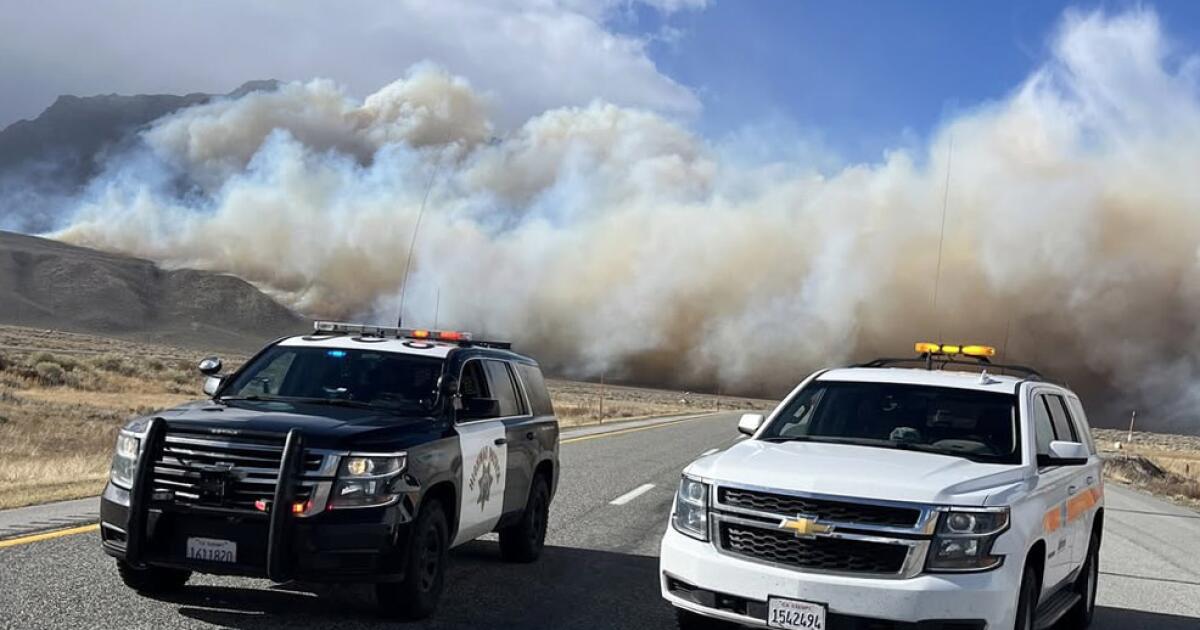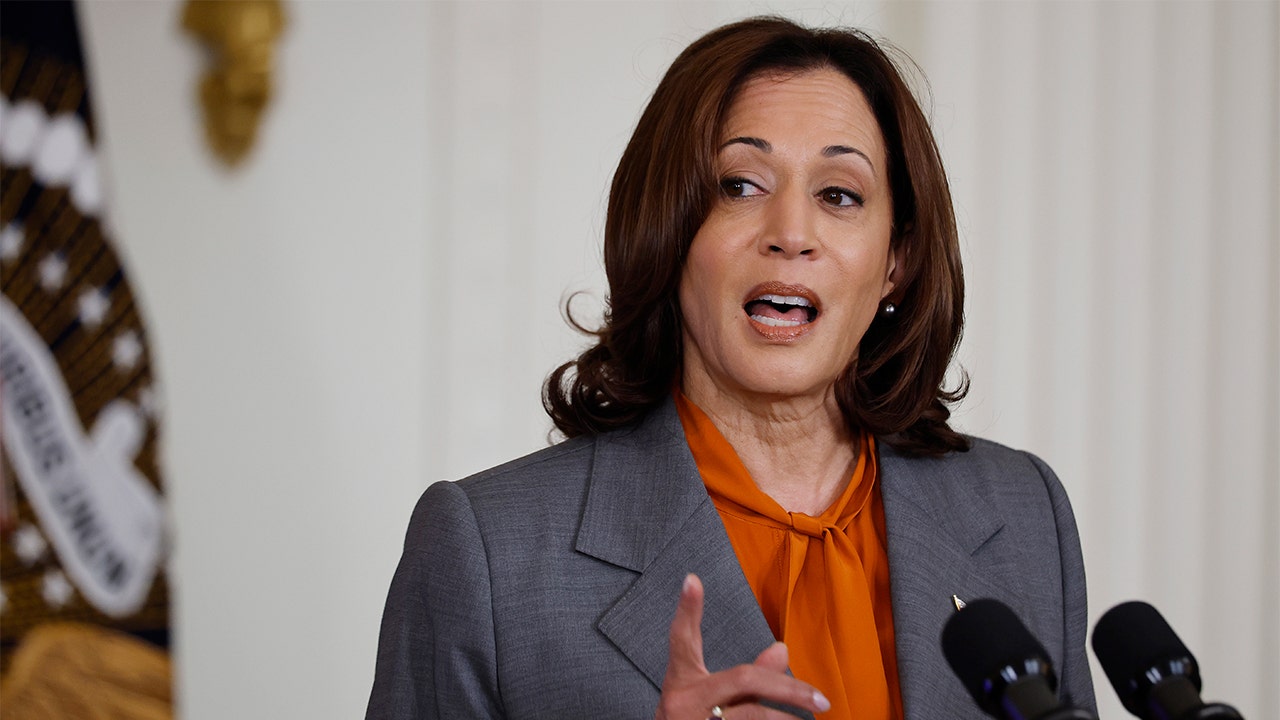After a spring of tensions in schools and protests on campuses over the war between Israel and Hamas, California lawmakers will take up three bills that would require lessons about the Holocaust and genocide in elementary and secondary classrooms, restrict campus demonstrations and require instruction on anti-Semitism at colleges that provide diversity, equity and inclusion training.
The actions came during the legislature's semiannual selection of hundreds of bills during quick votes in each chamber to decide which will advance to the Senate and Assembly for a vote before the end-of-session deadline of Aug. 31.
The bills have faced strong opposition from pro-Palestinian groups, including Jewish Voice for Peace and the Council on American-Islamic Relations, as well as civil rights organizations such as the American Civil Liberties Union.
The proposed laws have the support of the California Jewish Legislative Caucus, whose members are authors and co-authors. They say the legislation would protect Jewish students in California at a time of rising anti-Semitism following Hamas’ Oct. 7 attack on Israel and the retaliatory war in Gaza. Caucus lawmakers also describe their bills as a way to protect other minority groups facing discrimination.
Holocaust and Genocide Education
Senate Bill 1277 would require a “statewide teacher professional development program on genocide, including the Holocaust, for school districts, county offices of education, and charter school teachers.” The California Teachers Collaborative for Holocaust and Genocide Education, a group coordinated by the Jewish Family and Children's Services Holocaust Center in the Bay Area, would be responsible for creating the program.
In addition to the Holocaust, the collaborative project would focus on education about “other genocides, including but not limited to those of the Armenian, Bosnian, Cambodian, Guatemalan, Native American, Rwandan, and Uyghur peoples” and “identifying and confronting anti-Semitism and hatred in modern society.”
Sen. Henry Stern, a Democrat who represents parts of Los Angeles and Ventura counties, introduced the bill last winter. The bill faced opposition from the Council on American-Islamic Relations, which said the collaboration responsible for teacher training is “run by pro-Israel organizations.”
Restrictions on campus protests
Senate Bill 1287 would require California State University and University of California leaders to “prevent and address conduct that creates a hostile environment for students on campus or results in differential treatment of students on campus based on the student’s actual or perceived race, color, ethnicity, national origin, religion, or disability status.”
A last-minute change was made to remove community colleges from the requirement.
If the law passes, universities would have to “prohibit conduct that limits or denies a person’s ability to participate in or benefit from the free exchange of ideas” and require institutions to post notice about permit requirements needed for protests on campus. The potential law would also require higher education institutions to set restrictions on the “time, place, and manner” in which protests are permitted. Many, if not all, already do so, but those rules were not uniformly enforced last year.
The bill also says higher education institutions must create mandatory training programs to teach students the details of those rules and restrictions.
Sen. Steve Glazer, a Democrat who represents parts of the Bay Area, including most of Contra Costa County, authored the bill. His opponents include ACLU California Action, the Arab-American Civic Council, Jewish Voice for Peace Los Angeles and the Palestinian-American League. These groups, along with others that take a pro-Palestinian stance, say it is written in a way that would stifle protest and expression in support of Palestinians.
DEI Training
Assembly Bill 2925 would require any diversity, equity and inclusion training at the university level to include “the state’s five most targeted groups.” This includes Jewish and Black residents, who are the most frequent victims of hate crimes across the United States.
Among the Assembly bill’s sponsors was Democratic Assemblywoman Laura Friedman, a former member of the Glendale City Council. Pro-Palestinian groups have objected in part because the training does not have to include discrimination against Muslims or Arabs, because those groups do not always appear on the list of populations most targeted by hate crimes in a given year.
In an attempt to allay concerns, the bill was amended to specify that colleges and universities are not prohibited from offering training on discrimination against other specific groups.
Archived: Changes in Ethnic Studies
On Thursday, the authors withdrew a bill that would have required high school ethnic studies curricula to be developed “in conjunction” with parents and educators to ensure that educational materials do not incur anti-Semitism.
Among the bill's authors was Democratic Assemblyman Rick Chavez Zbur of Los Angeles. But in a letter Thursday, the California Jewish Public Affairs Committee said the bill would be withdrawn.
“This legislation initially had several powerful tools to ensure that anti-Semitic and anti-Israel content would not appear in ethnic studies,” the letter said. “However, political and time pressures that arose during the legislative process would have so limited the bill that it would fail to meet these goals.”
The group said it would aim to pass a broader ethnic studies bill next year.












